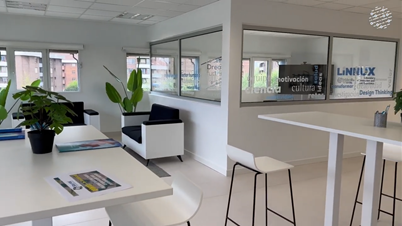
Action Plan implementation - IDIVAL
Read about how IDIVAl implemented their action plan.
INTENCIVE project addresses the societal challenge of ageing society combined with decreasing population in rural and other remote areas. There is a dire need for new, accessible and user friendly models, practices and tools for providing different types of high quality health services accessible to all citizens not depending on their age or place of living. Combining technology to the different phases of service processes with emphasis on the customer orientation means re-thinking and re-planning the health services.
Objective of INTENCIVE project is to improve the implementation of policies and programmes in terms of health technology innovation-driven and customer-oriented health services in the partner regions and influence the ERDF Regional Operational Programs or Regional Strategies.
Partners from five regions conduct interregional exchange of experiences in the specific field and introduce into their policies of innovative technologies and services in e-health sector.
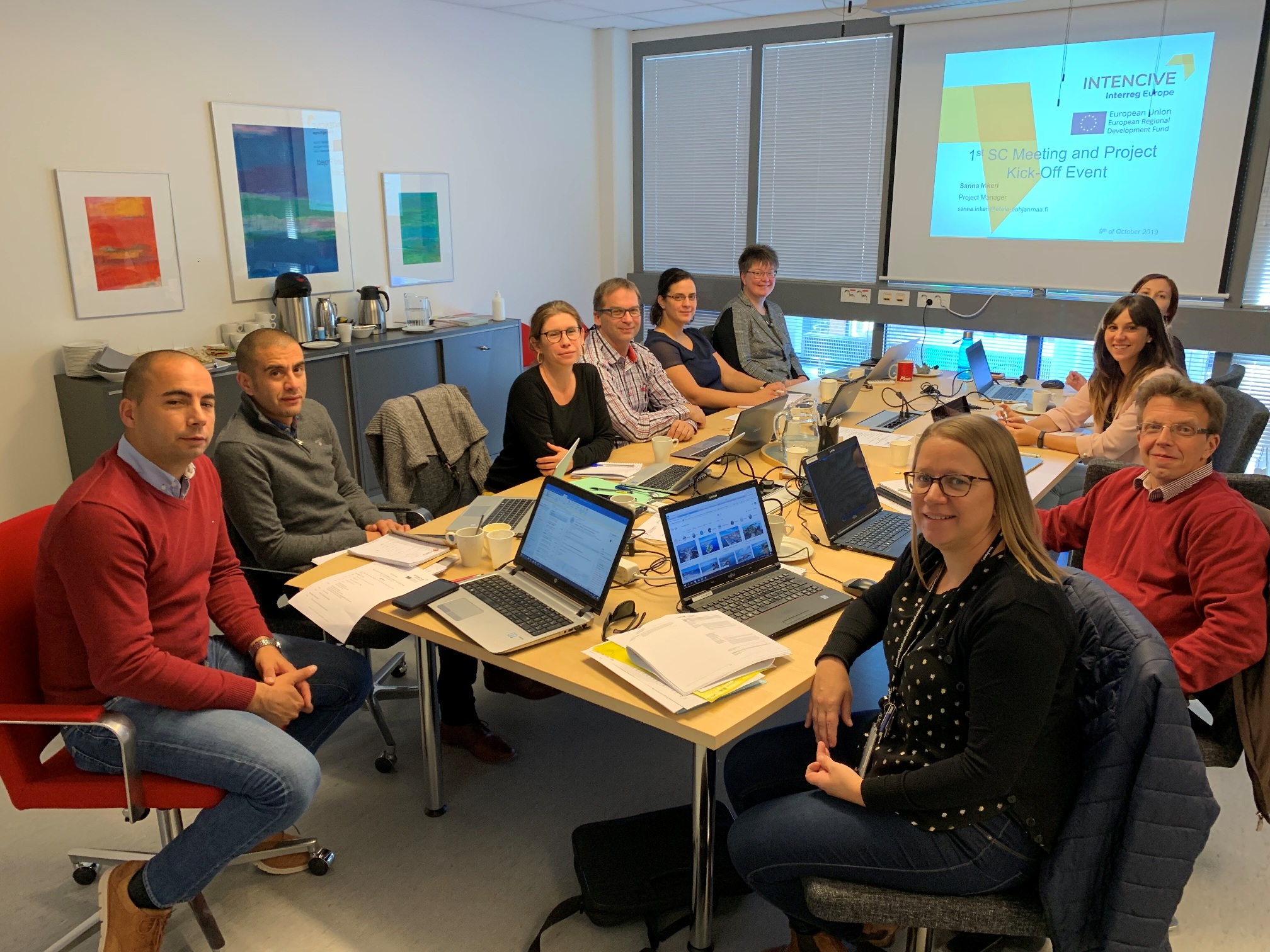
Basis for the exchange of experience consist of state of the art evaluation, good practice evaluation against BIKVA-model, study visits and thematic workshops. INTENCIVE has an unique bottom-up and customer-oriented approach using the BIKVA-method developed for social services giving voice more directly to the citizens using services.
€943,399.00
Research and innovation
The programme (source: ERDF, ESF, IKF; a total of 9,004.2 M EUR over 7 years) aims to stimulate the economies of the less developed regions in Hungary. The programme aims to stimulate the economies of the less developed regions in Hungary. The specific measure of the Program Measure 2.2. "Improving R&D capacities within technology intensive businesses" aims to promote business investment in R&I, developing links and synergies between enterprises, research and development centres and the higher education sector. The measure aims to trigger actions that will reinforce and expand regional innovation capacity based on the potential of involving, educating and empowering local business, citizens and public administration to become partners in development of joint R&D projects.
The measure goal is to improve industry-science relations, technology transfer and the valorisation of research results produced in the territories, strengthening local and interregional collaboration among R&D and Innovation process actors. Further aims are the improvement of existing relations among actors and the creation of new ways (programmes and tools) to exploit the innovation potential while answering to companies needs and business development opportunities.
This is the regional strategy responsible for the transformation of Gozo into an eco-island. It shall be achieved through the promotion of sustainable economic growth that is cognizant with the social realities and distinctive heritage of the island. This strategy spans all the main sectors that directly contribute towards rendering Gozo’s society and economy more sustainable such as the health sector. The Strategy than recommends the implementation of several key initiatives that are designated to improve the performance of the sector in question and rendering them more responsive to the regional realities of the island. One such reality is the overcoming of the issue of double insularity through the deployment of eServices that would offset the necessity of travel between Malta and Gozo, consequently reducing carbon footprint associated with inter-island travel. Within this context, this Strategy underscores the necessity in the deployment of videoconferencing facilities and the transfer of electronic records of patients between the health institutions based on the two island.
Provision of innovative eHealth solutions is also imperative within the context of the rapidly ageing population. This is mainly the combination of increased migration by the younger generation to Malta and longer living expectancy rates. The Vision for an Eco-Island acknowledges this reality and stipulates that specific services are devised to cater for this increasingly influential cohort.
With the Objective 3 the ROP aims to create multidiciplinary and proactive model of operation for the region to support the wellbeing and performance of the population.
The policy states, that modern e-services include also e-health and are important in both prevention and care. When applied, accessibility is important as not all service users have the required equipment or skills or courage to start using e-services. Technology and e-services are good assistants but they cannot replace human interaction. E-health implementation itself and when used in connection to mobile services makes it also possible to detach the services from a certain location. The future analyses of South Ostrobothnia implies that the present structural change and the changes in the service models will be problematic during the transfer period when not all inhabitants have not acquired the needed competences to use new e-services and those provided locally are often further away. On long term e-services ensure both equality and accessibility.
Currently the policy instrument of the regional strategy is on quite abstratct level with references to wellbeing and services utilising the possibilities of e-health and there is increasing need for customer oriented and innovative practical solutions the project will provide.
The main objective is to facilitate access to and adoption of ICT solutions among the population of Brittany, notably as regards on-line public administration, e-education, integration, culture and e-health.
To be more specific, this policy instrument aims at supporting the development of innovative digital solutions, demonstration and experimentation, and communication actions, so as to facilitate adoption of digital solutions in the everyday life of citizens, professionals and companies.
The total regional budget for this specific objective is 15 million Euros. Up to now, 21,4 % of the dedicated budget has been programmed. But, as a matter of fact, among the topics targeted by this instrument, e-health has scarcely been supported in the past few years. As a consequence, reinforcing this public intervention in terms of e-health is critical to achieve impact at regional and local levels.
The Regional Council actually considers e-health and telemedicine as solutions to counterbalance uneven access to healthcare in the regional territory. These new solutions shall be complementary to existing health services. In addition, the Operational programme states that it is important to support innovation strategies through increasing adoption and uses of digital technologies and investing in specific equipment.
Cantabrian Health Plan 2014-2019 defines the health policy approved by the Government of Cantabria, a region of the north of Spain with around half million people and a high level Hospital (University Hospital Marqués de Valdecilla) for a six year period, in order to approach health problems of its citizens. It proposes effective and feasible intervention measures. It is conceived as a policy instrument of foresight, direction, strategic planning and management. Some of the most relevant issues identified by the analysis developed in the Plan, as quality assistance, inter-level continuums assistance, sustainability, patient safety, information systems and nosocomial infections are related with the aims of INTENCIVE, although it is not specifically addressed.

Read about how IDIVAl implemented their action plan.

The final partner meeting was held on 30th March 2023, in Szombathely, Hungary.

The final dissemination event of the project was organized on 29th March 2023.

The final dissemination event of the project will be held on 29th March 2023 in Budapest, Hungary.
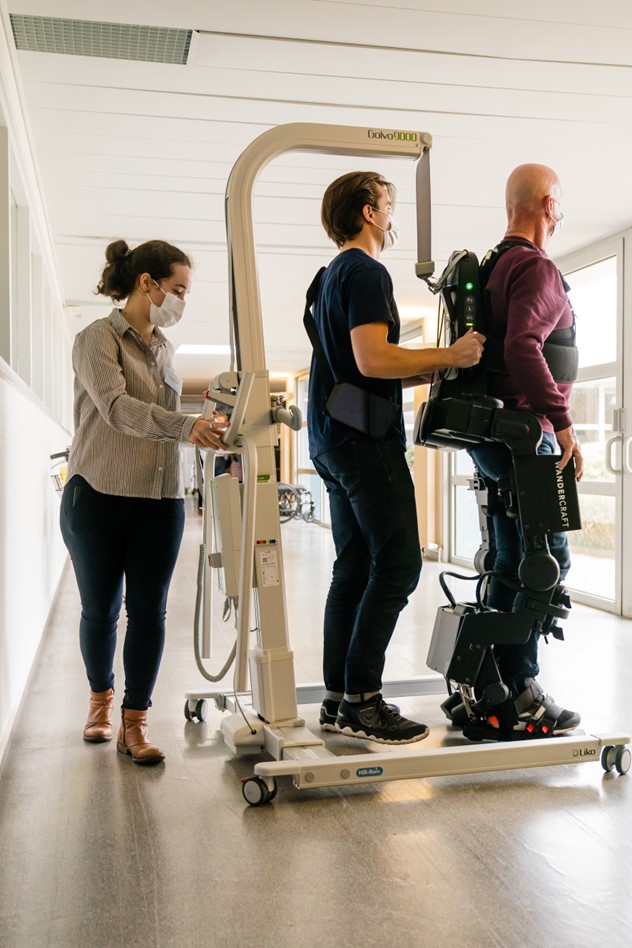
By the creation of a showroom, the action plan intends to support the knowledge, the development of innovative e-health solutions addressing disabled persons
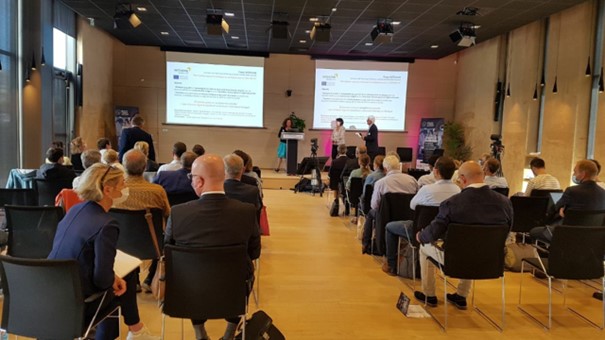
Biotech Santé Bretagne presented INTENCIVE project and its action plan on its general assembly which took place in Saint Malo on june 29, 2022.
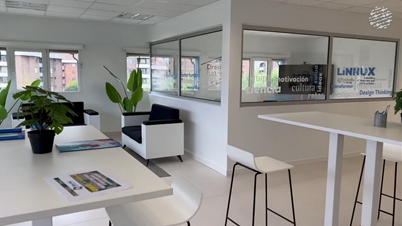
Thanks to Intencive project and the exchange of good practices between partners, IDIVAL developed and impoved these two actions: LINNUX-E and APP Salud SCS.
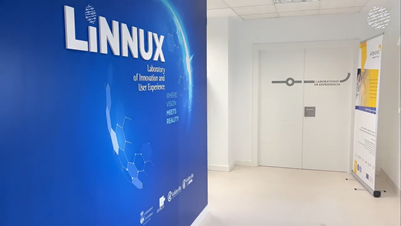
On Friday 22 April, the new LINNUX space was inaugurated in the presence of the Regional Minister of Health and the Vice-President of the Regional Government

The Malta Dementia Society is going to launch a Working Support Group for Persons Living with Dementia in Malta.

It has been three years of research and data analysis, and finally our journey comes to an end.